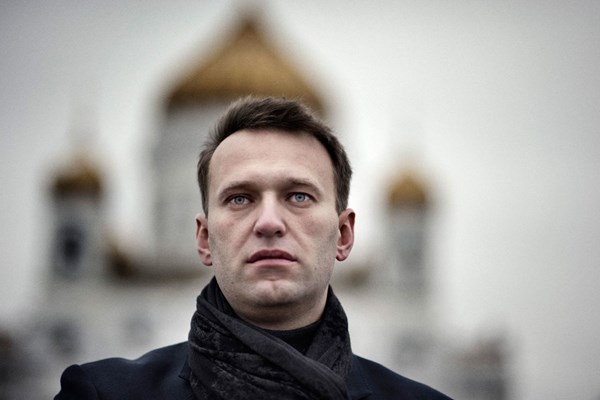Navalny returning to Russia
On January 17, Russian opposition leader Alexei Navalny will return to Russia from Germany, where he was treated after being poisoned.
"The question of "coming or not coming back " was never there before me. This is because I never left. I ended up in Germany, after being brought there in the intensive care box, because of one reason - they tried to kill me. I survived. And now Putin, who gave the order for my murder, is screaming in his bunker and tells his servants to do everything so that I do not return. Servants act as usual - fabricate new criminal cases against me. But, I'm not very interested what they're doing. Russia is my country, Moscow is my city, I miss it. So, this morning I went to the website of the company Pobeda and bought tickets. Sunday, January 17, I'll be home. Meet me," Navalny announced on his Instagram page.
The Pobeda Airlines website shows one flight departing from Berlin for January 17.
The day before it was reported that Russian Federal Penitentiary Service demands that Navalny’s a suspended sentence in Yves Roche case be replaced with a real one. In addition, on December 29, the Russian Investigative Committee announced that a criminal case of fraud on a particularly large scale had been opened against Navalny.
Alexey Navalny lost consciousness on August 20 on a plane flying from Tomsk to Moscow. After an emergency landing in Omsk, he was hospitalized and two days later taken to the Charite hospital in Berlin for treatment. He was in an induced coma for 19 days. Experts of the Bundeswehr special laboratory at the request of the clinic conducted a toxicological analysis of samples taken from Navalny and found traces of the nerve agent of the Novichok group. Laboratories in Sweden and France, as well as OPCW experts, came to similar conclusions independently.
The Russian authorities deny all accusations of involvement in the assassination attempt on the opposition politician. The EU and the UK imposed sanctions on October 15 for poisoning Navalny. Moscow responded by announcing the introduction of countermeasures against German and French officials. In late November, more than 50 OPCW member states called on Russia to investigate the politician's poisoning.
